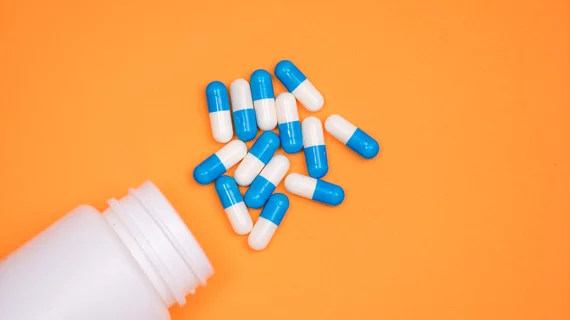Trump administration looks at importing drugs to control prices
The Trump administration is taking a wide approach in its efforts to lower drug prices—even considering importing drugs from abroad.
HHS Secretary Alex Azar requested FDA Commissioner Scott Gottlieb establish a working group to examine how to safely import prescription drugs from other countries. Importing prescription drugs could help lower prices by circumventing dramatic price increases for medicines produced by only one manufacturer and not protected by patents or other exclusivities, according to HHS.
“When HHS released the president’s blueprint for putting American patients first, I said we are open to all potential solutions—assuming they are effective, safe for patients, and respect choice, innovation, and access,” Azar said in a statement. “Importation may well fit that bill in some instances.”
The action comes as drug prices have continued to climb–some by double digits–in recent years. In 2015, for example, a drug approved by the FDA in 1953, Daraprim, saw its list price jump 5,000 percent, according to HHS.
In response to mounting criticism from President Donald Trump on Twitter, several prominent drug makers, including Pfizer, Merck and Novartis, have announced they would temporarily pause hiking prices. No long-term plans were announced by the companies to control prices.
In addition to the possibility of importing foreign drugs, other efforts are underway to address price hikes of prescription drugs. The administration said it is willing to explore “all ways” to tackle soaring prices.
Recently, FDA Commissioner Scott Gottlieb announced the agency will focus on a new plan to enable market competition for biologics and biosimilars.
HHS also submitted a proposal to the White House to look at the regulatory issues in federal kickback laws and exemptions that “allow drug-makers to offer insurers and pharmacy-benefit managers rebates widely used for keeping drug prices high,” Bloomberg reported.

